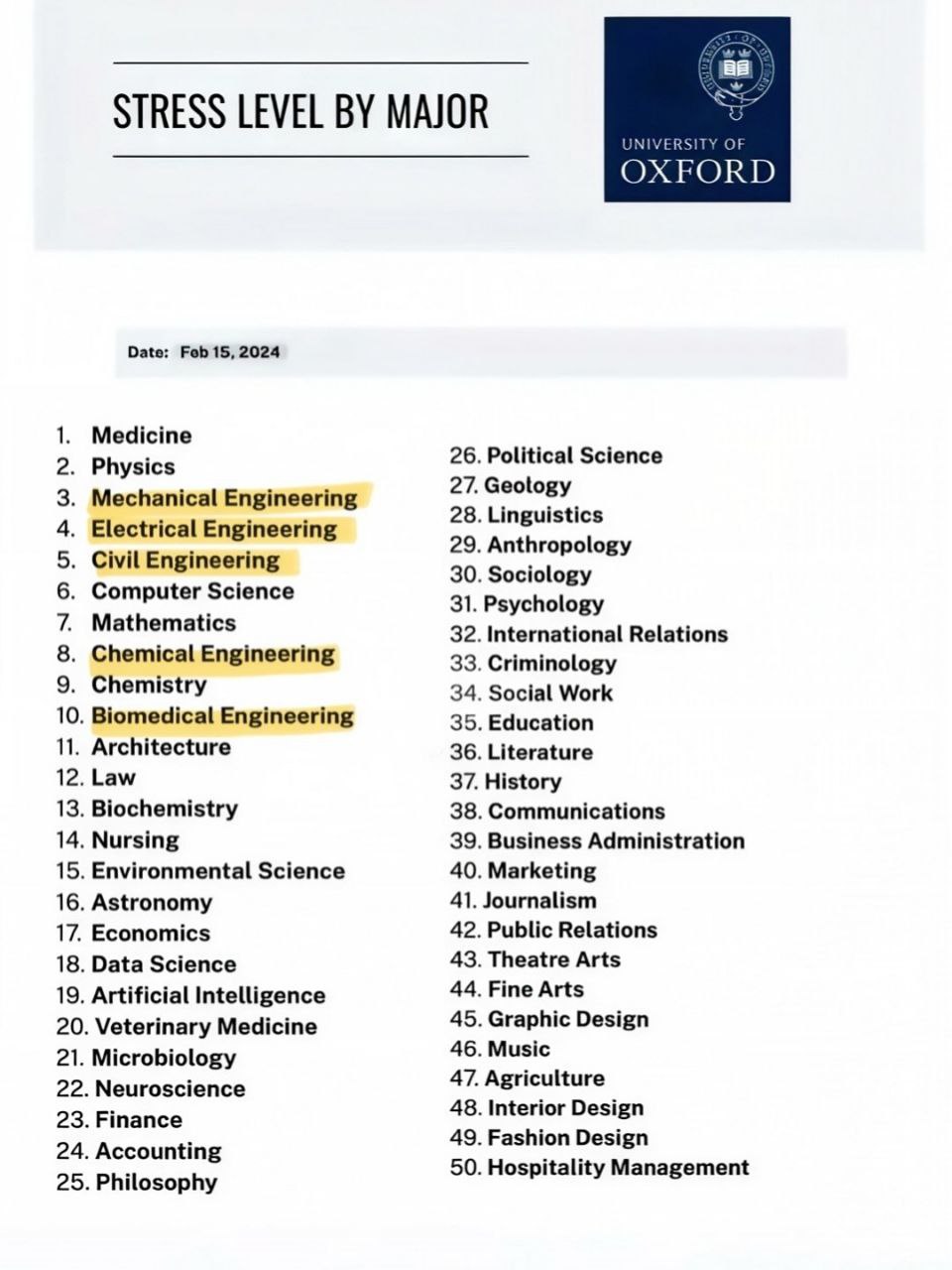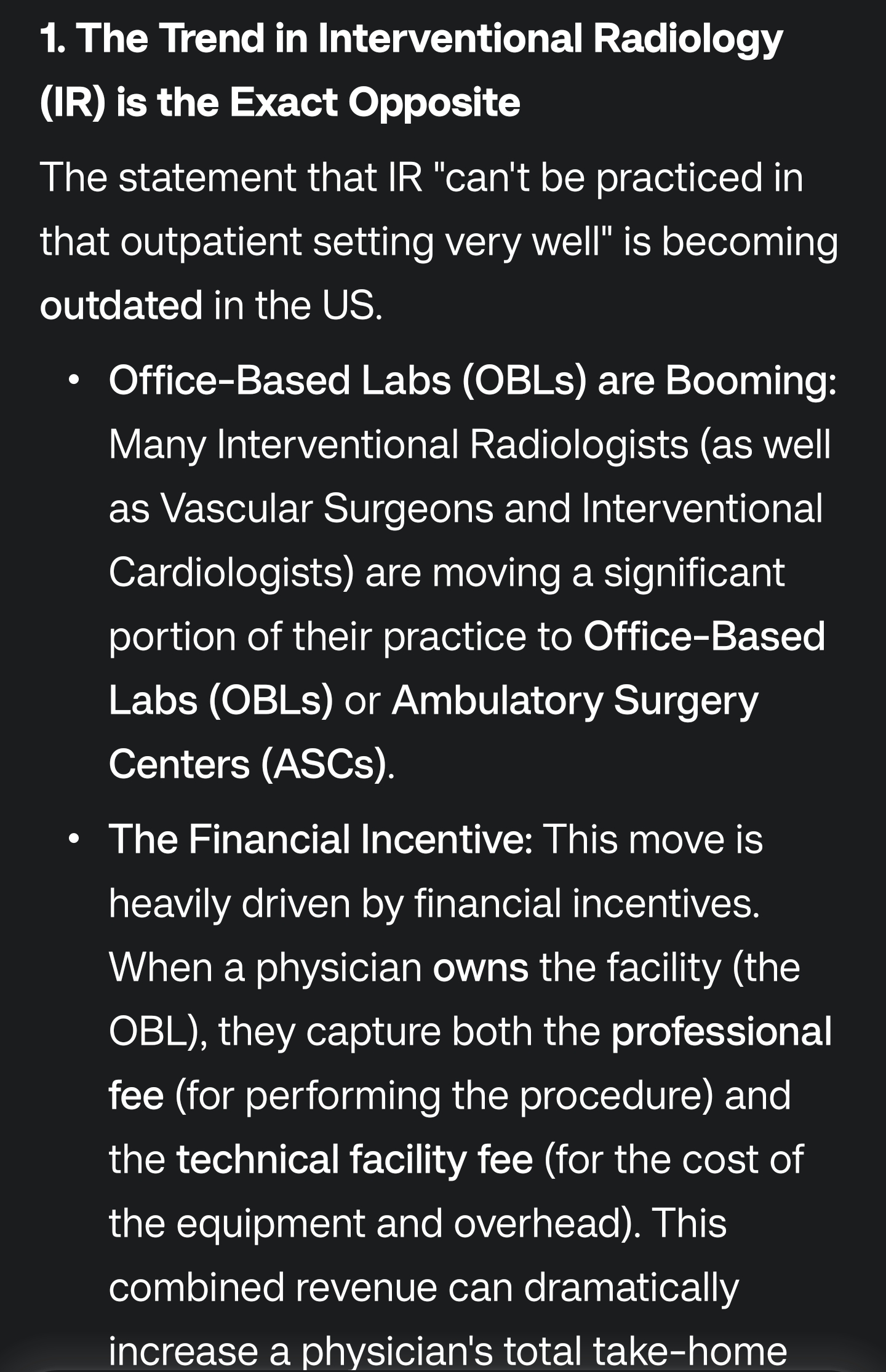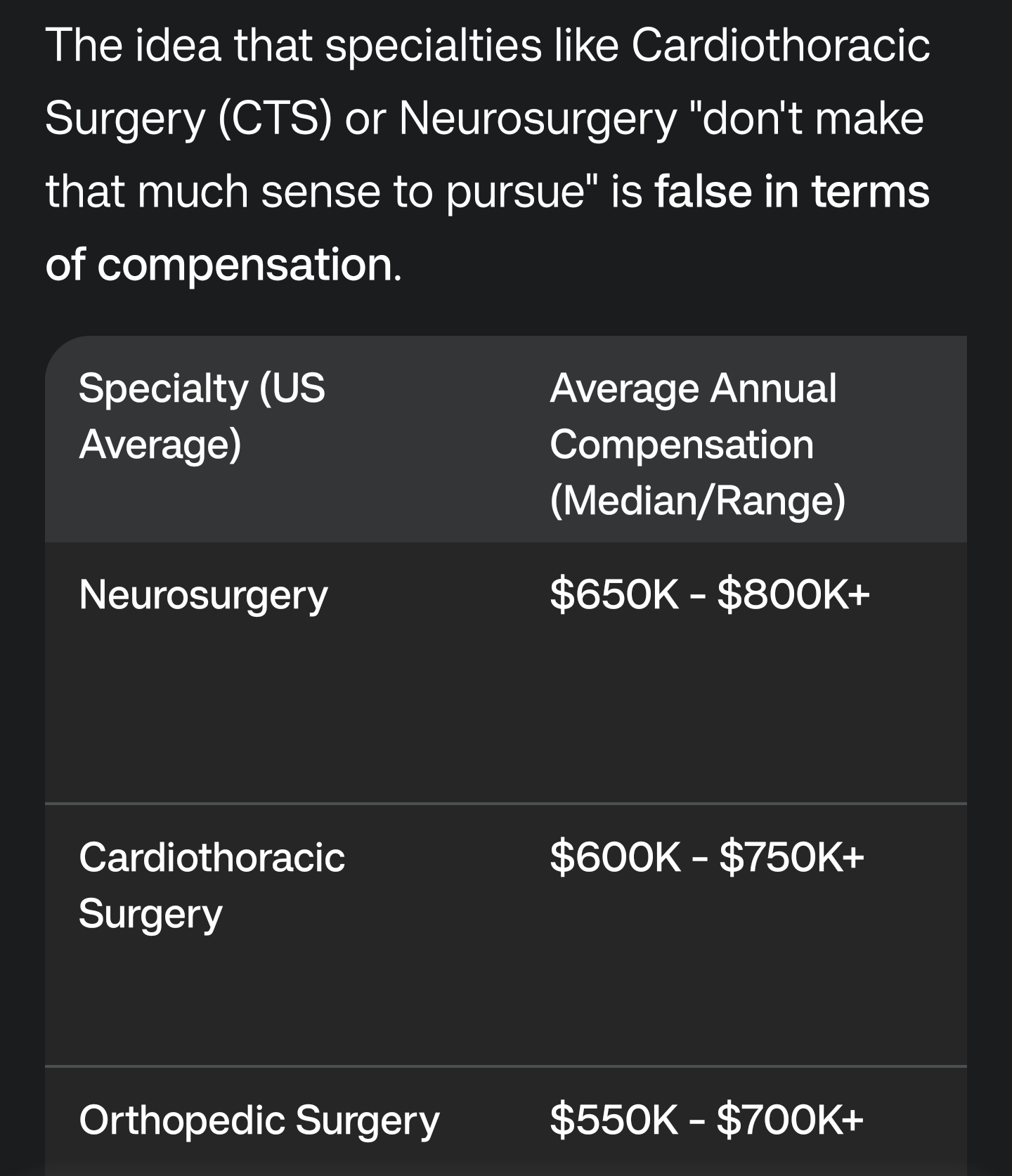4ever
A pigeon is speaking. Listen and Learn!
- Joined
- Apr 5, 2024
- Posts
- 1,313
- Reputation
- 1,637
Honestly, Uni is 6-7 years. In theory that's quite long, but in practice Ik many people who took just as long for other degrees. Also you can stat your doctorate concurrently with your degree, so you might actually end up graduating with one of the highest academic degrees at a relatively young age. You don't even have to practice medicine afterwards, if you decide that it isn't for you.My friend also told me being a doctor isn't easy. Making it to med school in itself in an achievement and then going through all it and not making any real money for almost a decade isn't for everyone. @4ever
While some people say that doctorates in medicine are quite easy, I think the quality range is just bigger. Looking at Mike Israetels thesis, I've seen a lot more impressive work from medical doctors.
Getting """rich""" or at least well off, is harder as an engineer. The two paths I can see for engineers is being an irreplacable genius or starting a company. Starting a company as an engineer seems harder to me. Starting a medical office seems like opening a fastfood franchise in comparison. It's a proven concept.Engineering mogs.
For that reason most engineers will end up being employees, either as managers of some sort or in RnD.
You've probably seen this

In engineering, some concepts are probably more complex but the workload of medicine is just pretty high.
An other thing to consider would be the 70-30 female-male ratio in med vs 99-1 for engineering



